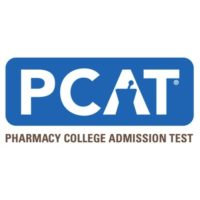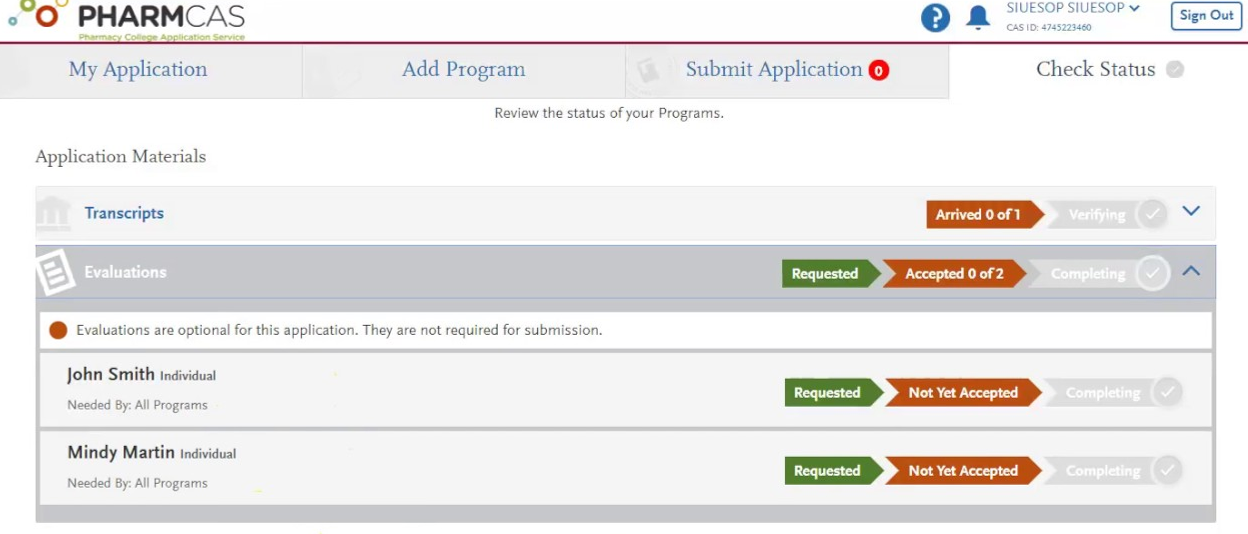If selected, applicants are invited to interview for the Doctor of Pharmacy (PharmD) program. These interviews are used in evaluating whether you would be a good fit for our College; it’s an opportunity for us to learn more about you as a candidate—your motivation, academic background, pharmacy experience, and leadership and involvement. Before we offer admission, we want to ensure that you will be successful here.

But the interview is also an opportunity to figure out if the University of Georgia is a good fit for YOU! Ask questions; do your research about the program and the institution; talk with our faculty, staff, and students. At the end of the day, only you can answer: Is there where I want to study pharmacy for the next four years? (We hope the answer is yes!)
As part of the interview day, you’ll interview with faculty. Think about the interview as a conversation—it’s an opportunity for our faculty to get to know you better, and for YOU to learn more about our program and what we have to offer.
The University of Georgia offers both in-person and virtual interview options. In-person interviews take place on the University of Georgia campus in Athens, GA. Virtual interviews will be facilitated through Zoom.
Faculty interview
During the interview, faculty will ask you about your interest in pharmacy; they’ll want to learn more about your
motivation to pursue the profession, and about your past experiences with pharmacy. They will explore your leadership experiences and involvement on campus and in the community. It’s also an opportunity to evaluate your professionalism and your ability to communicate effectively.
But you’ll also have an opportunity to ask the faculty questions. You may want to know more about the curriculum, academic opportunities, participation in research…the faculty can provide you with some great perspective on what you want to know.
What can you do to prepare?
Interviews can be daunting, especially if it is your first interview. But there are a lot of great resources to help you prepare!
One phenomenal resource is your own university or college’s career center. Contact the career center to speak with a career consultant or to schedule a mock interview, an activity that simulates an interview while you practice common interview questions and receive feedback. For UGA students, check out the UGA Career Center. NOTE: If you are a UGA student, you also have access to Big Interview, an interactive AI-enabled tool that provides you with hands-on practice experience with interviewing.
And if you’re not comfortable with any of those options, try practicing some standard interview questions. This sounds silly, but you can even ask your friends to help you (or you can even practice in front of a mirror)!
Interactions with students
Our student ambassadors are very important in our interview process. We know that our candidates want to know more about our program, and what better way than to speak to current PharmD students? We have set aside time in the interview day schedule so can chat with the ambassadors and get the inside scoop on student life at UGA, which courses are their favorites, and how they become involved in professional organizations.
Our student ambassadors also provide all candidates for our in-person interviews with a tour of the College of Pharmacy buildings, so you can get a feel for the classrooms, laboratories, and learning spaces. For our virtual interviews, we provide a virtual tour video of our campus facilities.
The rest of the interview day
Each candidate will submit a writing sample during the interview process. We provide you the prompt and you have 20 minutes to write your response. This is an opportunity for us to evaluate your writing and communication skills (without the benefit of spellcheck!).
And for our in-person interviews, we have one more activity: compounding! All our in-person attendees participate in a compounding exercise, led by one of our faculty members. At the end, you get to take home your final product!
By: Danielle Vitale, Ph.D.



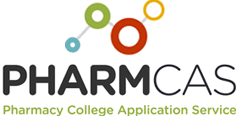

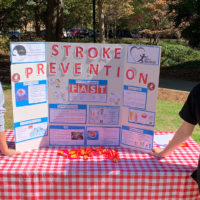 Find organizations that match or your personal or professional interests. We like to say “quality over quantity”; instead of being involved in 10 different organizations and attending meetings and events, pick a few that you are most passionate about, and get more involved within those organizations.
Find organizations that match or your personal or professional interests. We like to say “quality over quantity”; instead of being involved in 10 different organizations and attending meetings and events, pick a few that you are most passionate about, and get more involved within those organizations. 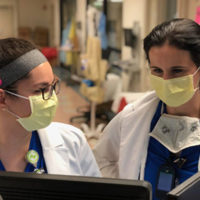 While previous pharmacy experience is not required for admission into the Doctor of Pharmacy program, it is strongly recommended. This type of practical, hands-on experience in a pharmacy can help you determine if the career is a good fit for your skills and interests.
While previous pharmacy experience is not required for admission into the Doctor of Pharmacy program, it is strongly recommended. This type of practical, hands-on experience in a pharmacy can help you determine if the career is a good fit for your skills and interests. 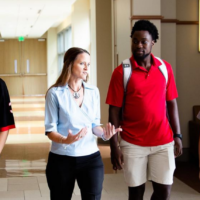 Familiarize yourself with the UGA College of Pharmacy’s
Familiarize yourself with the UGA College of Pharmacy’s 